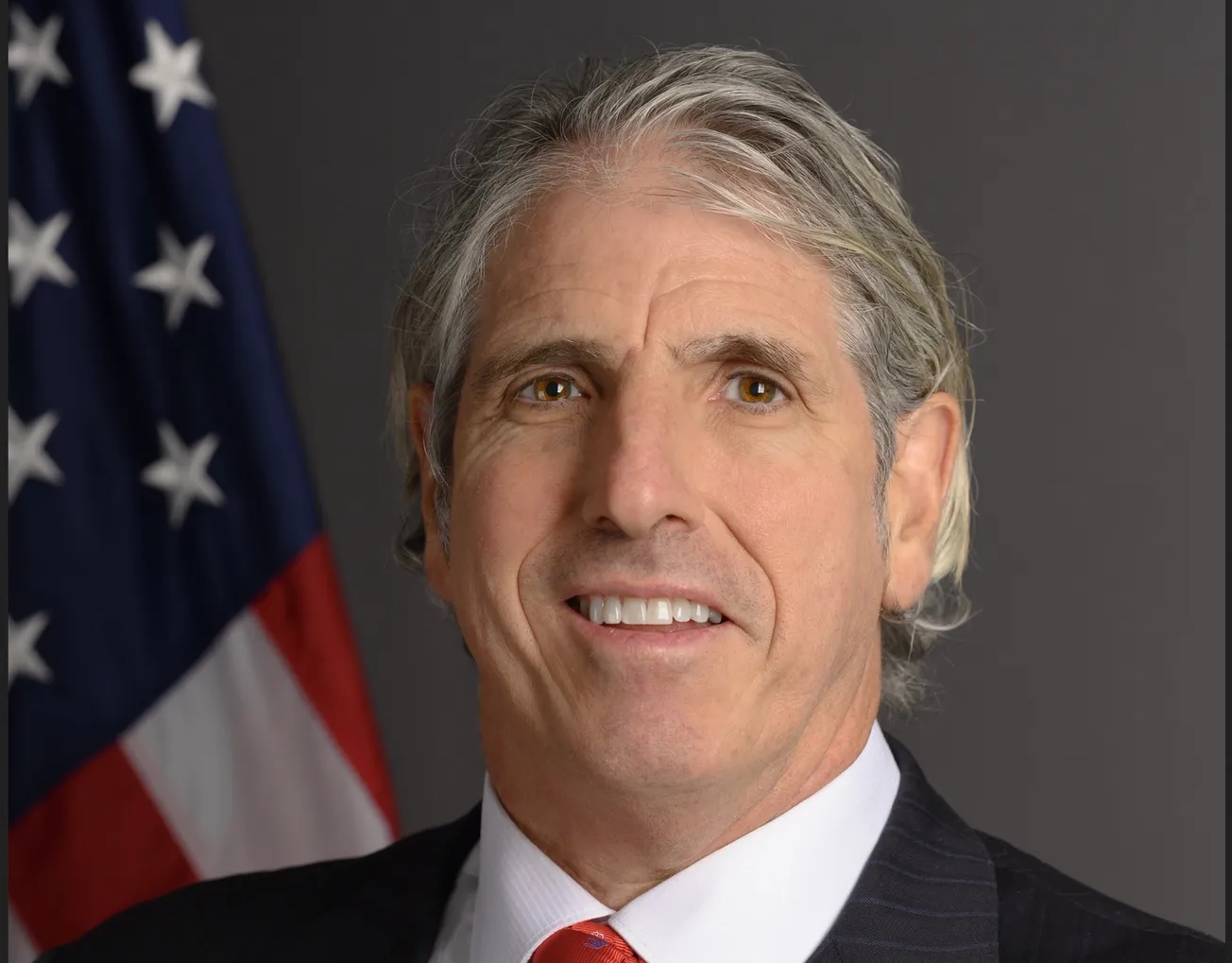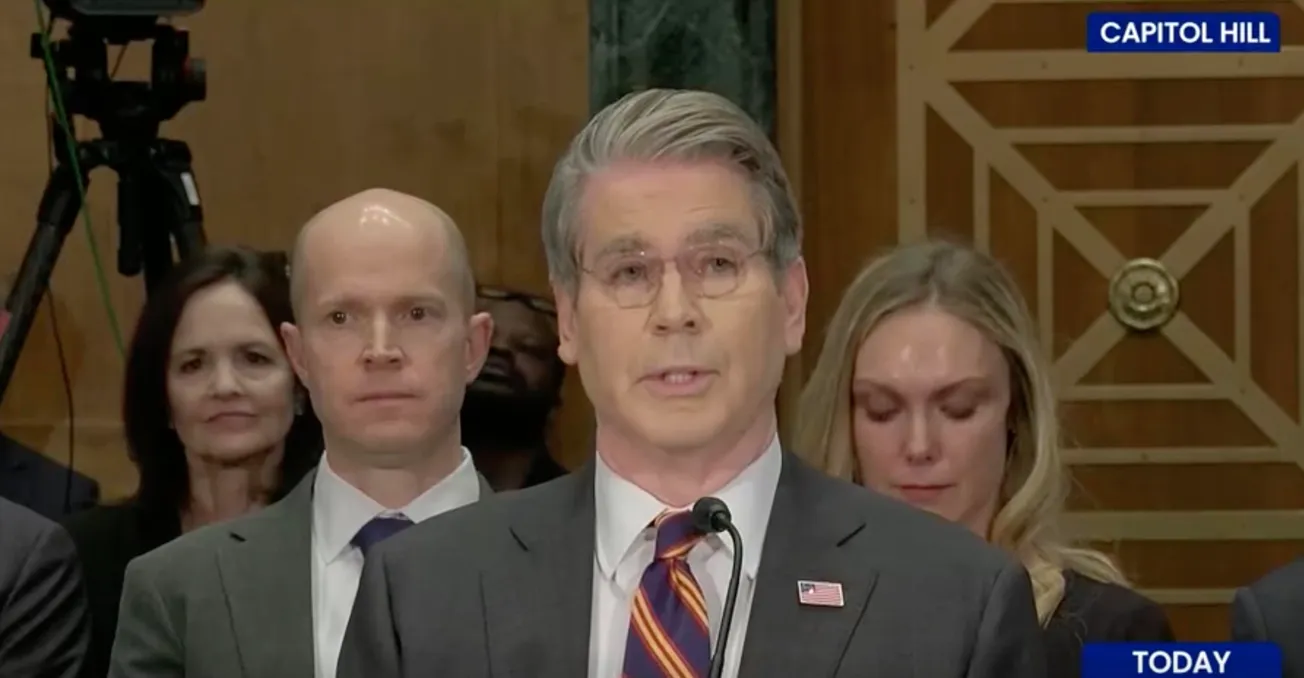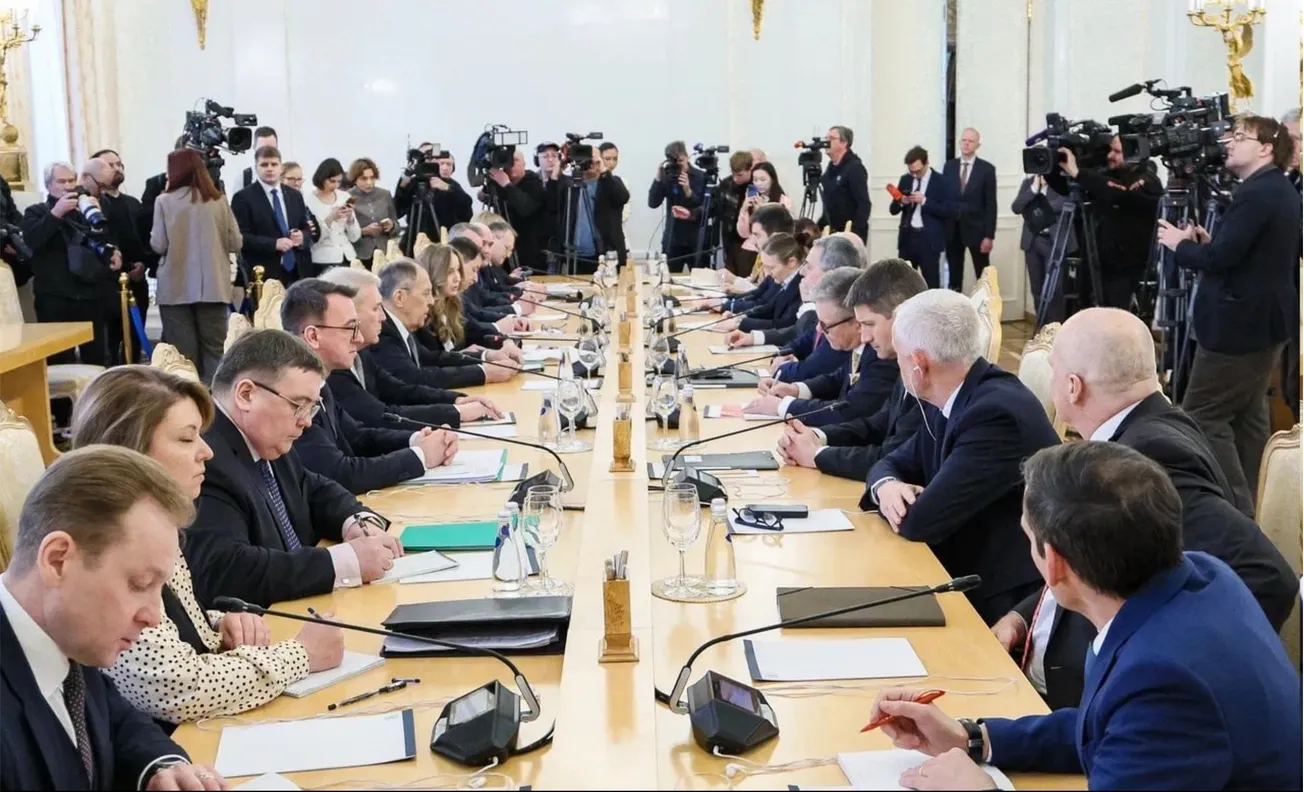The British news service Reuters has led the charge of speculation on how many U.S. Senators are “doubters” about Tulsi Gabbard’s credentials to become Director of National Intelligence (DNI), and on the head-count, certain that as many as eight Republicans will vote against her confirmation, etc. Their estimates are based on three “anonymous sources,” who gossip that she was “unprepared” to answer tough questions in meetings with various Senators during meetings this past week. Reuters rehashes details of her 2017 trip to Syria, meeting with then-President Bashar Al-Assad, and more. CNN showed a clip of a hostile reporter following her as she walked down the hallway to a meeting, shouting aggressive questions on the speculations of the same anonymous sources about her confirmation chances.
Not to be outdone, the Dec. 9 New York Times published a long opinion piece by former CIA Director Michael Hayden and John Sipher, a former employee of the CIA’s clandestine service, now at the pro-NATO Atlantic Council. Writing under the headline “Running Spies Is Not a Game for Amateurs,” the two predict disaster for the CIA should Gabbard be confirmed as DNI. They insist that CIA illegalities and “unethical behavior” of the past weren’t typical of CIA employees but rather caused by unscrupulous Presidents who “thought their actions would never see the light of day.”
But now, Hayden and Sipher claim that Donald Trump wants institutions to “execute corrupt or illegal dictates without oversight or accountability”—and Gabbard would fit in nicely with this threat, along with John Ratcliff at CIA and Kash Patel at FBI. The nomination of these three signal that Trump “may be interested in wrecking the operation of the intelligence community.” Moreover, Gabbard is “wholly unqualified for the job,” having never directed or managed anything and “has embraced conspiracy theories and championed Russian disinformation.”
Hayden and Sipher have to admit that the Nov. 5 election showed that public servants are held in low esteem, especially given “decades of failed wars.” Intelligence analysts have to do better than they have done regarding Iraq, Afghanistan, and Russia, they say, but, “running foreign spies who steal secrets from the corridors of power in Moscow, Tehran or Beijing is not a game for amateurs.” Foreign partners will be hesitant to share their most precious secrets “if they believe their American counterparts are not seasoned experts.”





